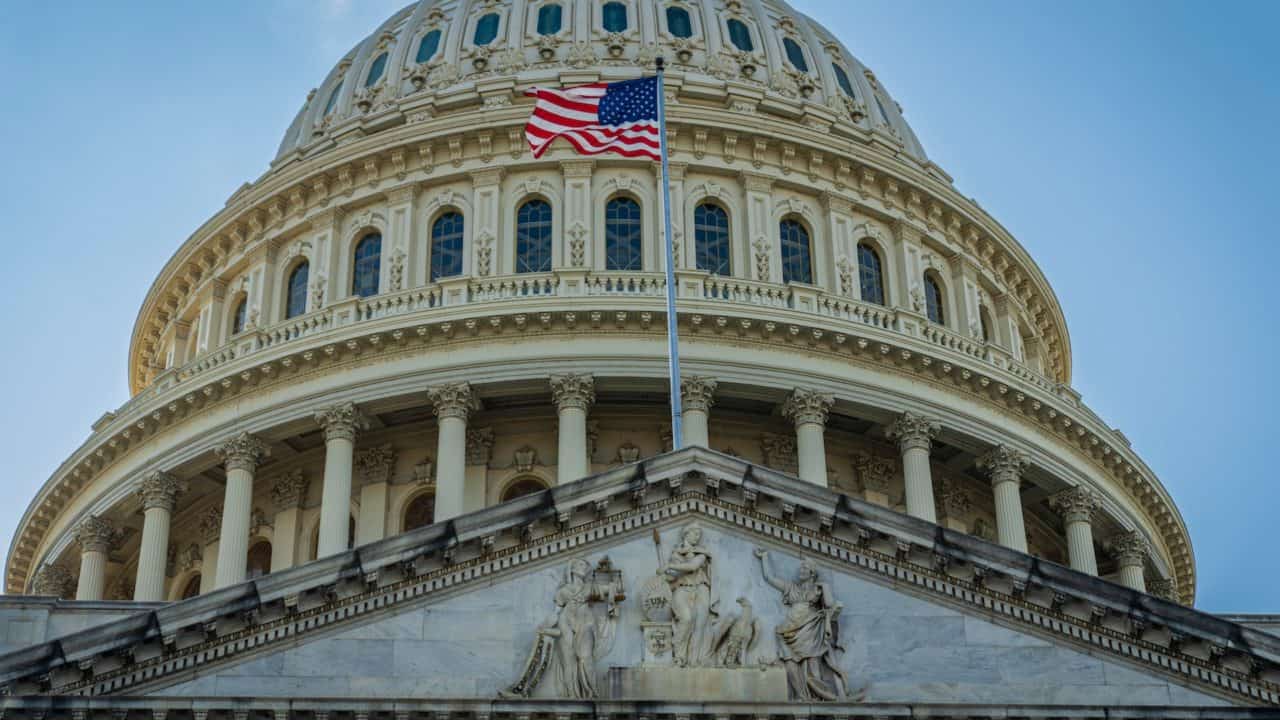 Photo by Mark Stebnicki on Pexels: https://bit.ly/3GRQ3jU
Photo by Mark Stebnicki on Pexels: https://bit.ly/3GRQ3jU
In a letter to members of Congress, Americans for Tax Reform expressed their support for the Eliminating a Quantifiably Unjust Application of the Law Act, or EQUAL Act, H.R. 1062/S. 524.
This bill seeks to eliminate the unjust sentencing disparity between the possession of crack cocaine and powered cocaine. Sentences for crack possession are drastically longer than for powdered, refined cocaine despite being the same substance. Those convicted of crack possession are imprisoned for lengthy sentences at the taxpayers’ expense.
The disparity of sentencing originated from the 1986 Anti-Drug Abuse Act which established a 100 to 1 rule with a five-year minimum mandatory sentence for 500 grams of cocaine or 5 grams of crack. This rule was intended to target drug kingpins and middle level dealers but has primarily impacted lower-level dealers. Additionally, this disparity disproportionately impacted African Americans and Hispanic Americans more than other racial demographics.
The 2010 Fair Sentencing Act changed this rule from 100 to 1 to 18 to 1, increasing the requisite amount of crack for a mandatory minimum sentence. The bill also eliminated the minimum 5-year sentence for simple crack cocaine possession. However, as it stands, it still takes 18 times as much powdered cocaine to qualify for the same 5-to-10-year minimum trafficking sentence for crack.
Excessively long sentences are not only unjust, but extremely expensive and wasteful. The federal government simply cannot afford to continue to house so many nonviolent prisoners for such lengthy sentences. In FY 2015, the average cost of incarceration of a federal prisoner was just under $32,000. That cost is steadily rising. In FY 2017 it was $34,704.12 per year or $94.82 per day, and in FY 2018 data from the Bureau of Prisons estimated that it cost $37,449.00 per year per inmate which comes to $102.60 per day.
ATR strives to eliminate government overreach into individual Americans lives. It is a core, taxpayer-funded, government role to protect citizens from crime and manage the criminal justice system. Taxpayers, and all Americans who cherish individual liberty, should take an interest in creating a more efficient, effective criminal justice system.
This unjustified disparity has resulted in the imprisonment of people who pose no greater threat than their counterparts convicted of cocaine offenses for far greater periods of time, costing taxpayers more money for no public safety benefit.
To read the letter in full, click here or read below.

